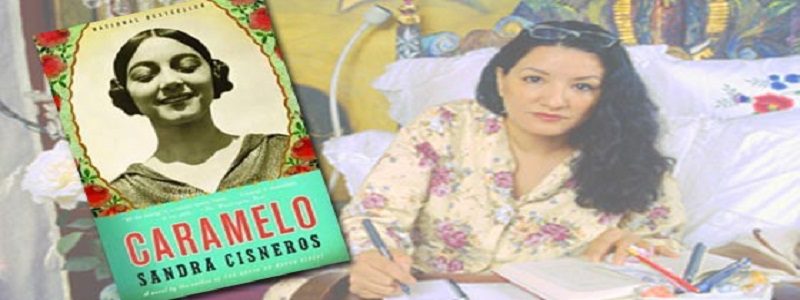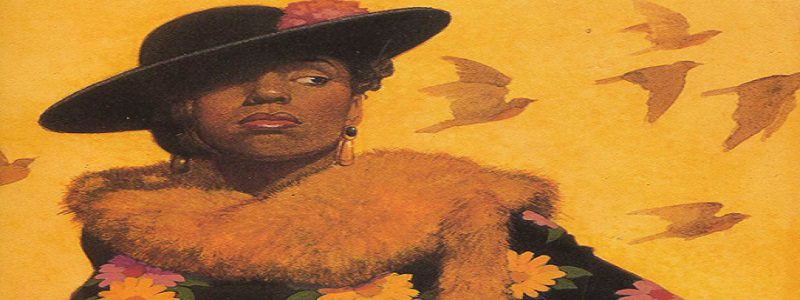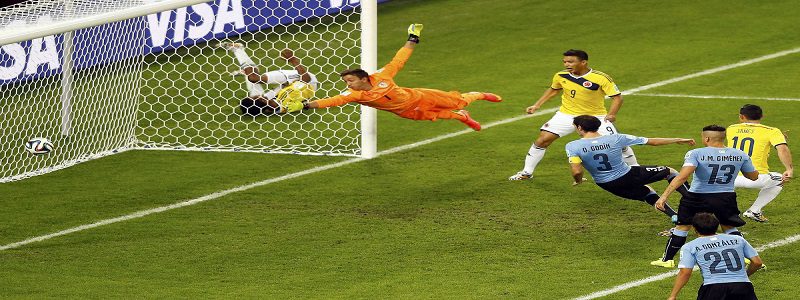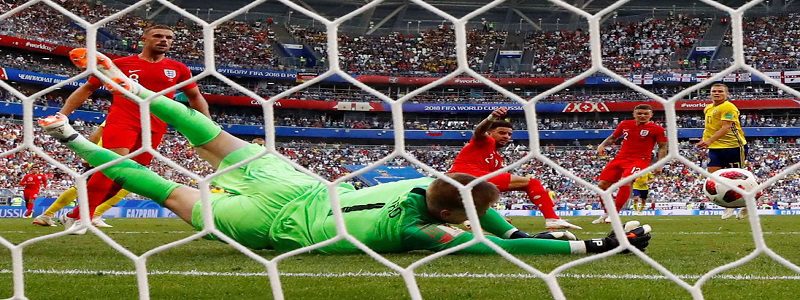AWE-some Reasoning Through Interpretive Arguments on ‘Caramelo’
Sandra Cisneros is a staple in high school and middle school reading lists, but not for Caramelo. The House on Mango Street (1984), Cisneros’ short and powerful story collection, is well known and well loved for good reasons. One of them is its austere, rather journalistic and plain-spoken prose style. Caramelo is its very under-read and under-assigned opposite in many ways. This 2002 epic novel tells the multi-generational story of the Mexican-American Reyes family, through the eyes of its adolescent, sensitive, wry protagonist, Ceyla Reyes. Despite its 500+ page length, it is very well worth looking into as an engaging achievement of Latino literature, workable in many high school English reading lists.
The Golden Rules of Argument-Centered Instruction
Recently a partner high school principal asked me for a set of “golden rules” that her faculty should follow when designing and implementing argument-centered instruction. These are the “golden rules” that can help teachers to achieve full efficacy in building students’ argument literacy and authentic college readiness.
READ MORE
‘Sula’ and Sexuality
Nobel Prize winning writer Toni Morrison’s second novel, Sula, is relatively short (at about 180 pages) but challenging, as its style is a kind of uncompromising vernacular, and its characterization is stark, extreme, almost gothic, without a whole lot for teenage readers to warm up to. But the novel’s ambition is unmistakable. It is an august work and it rewards patience, readerly fortitude, and close study. Writing in the early 1970s (Sula was published in 1973), Morrison was committed to addressing questions rapidly fermenting in the culture involving gender, racial, socio-economic, sexual liberation, through a language and an imagery intrinsic to African-American culture that was demythologized and in some ways purified.
Is Soccer the Best Sport in the World? (Part 2)
Part 1 of this post — which includes the argument and counter-argument builder exercise and models, in addition to description of the way that these have been used with partner teachers this spring and summer — can be found here. This post will be devoted to highlighting some of the points of professional learning that have come about through our argument work on the debatable question, Is soccer the best sport in the world?
READ MORE
Is Soccer the Best Sport in the World? (Part 1)
I’d like to start this post by declaring that I am not myself a fan of the sport that America calls soccer and the rest of the world calls football. But after I listened and made a minor contribution to a friendly dispute at a family function about the merits of soccer in comparison to other sports more popular in this country, I recognized that this issue could be useful in my work with teachers, building their professional capacity to teach their students to think critically and make college-directed arguments on the key questions in their curriculum content. A debatable question that I have been using often of late with partner teachers is:
Is soccer the best sport in the world?






